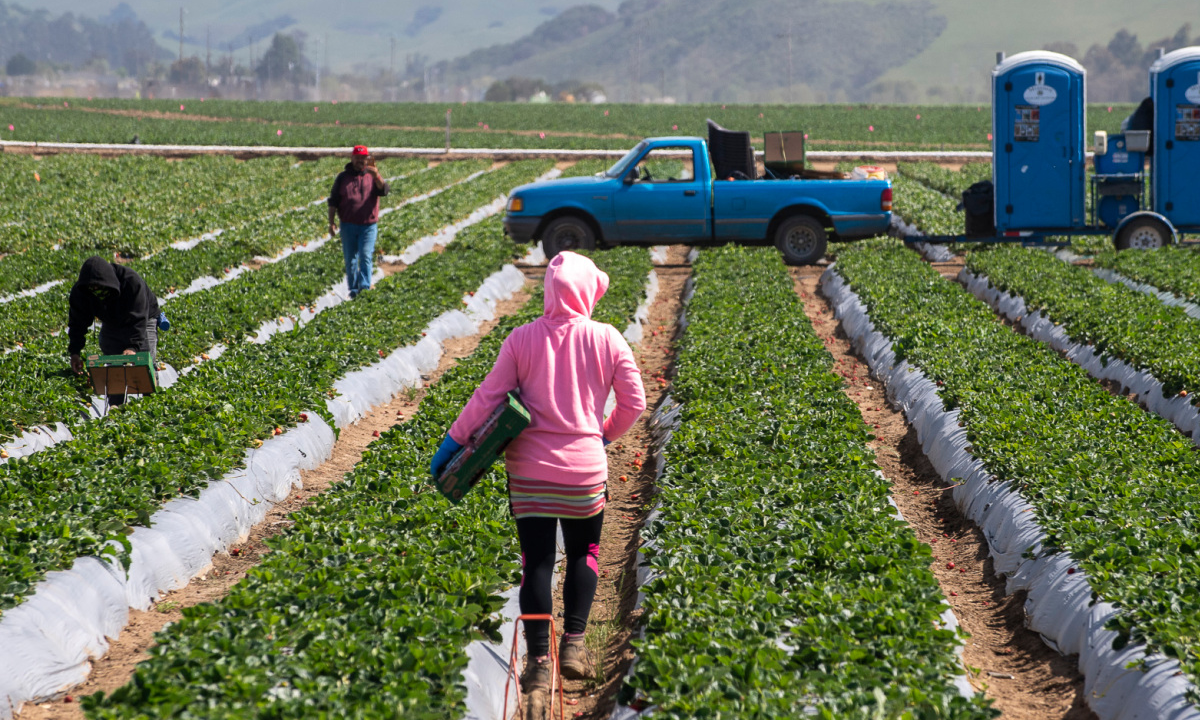Written by Sasha Reva
State water regulators voted Tuesday to enact a drastic emergency order that will bar thousands of Californians, primarily farmers, from using stream and river water.
California’s compound water rights system is made to distribute water use during times of shortage. But Tuesday’s order, which will apply to thousands of senior water rights across the state, is unprecedented.
While some farmers were protesting, irrigation districts and others, CDFA Secretary Karen Ross said the decision “a necessary step,” saying that senior water rights holders were in “speaks to the severity of the hydrology and what climate change has presented this year.”
“It is a painful moment. We know the impacts are real,” Ross spoke.
The State Water Resources Control Board unanimously passed the “emergency curtailment” act for the Sacramento-San Joaquin Delta watershed. The regulation will be two weeks from now.
About 5,700 Northern California water rights holders who hold about 12,500 water rights will be subject to the forthcoming reduction. The order will really affect rights holders using water for agricultural irrigation purposes.
The only thing why Davy made a decision to purchase his ranch was because of the perceived comfort of his local irrigation district’s pre-1914 water rights. He’s planning to sell all of his calves early at a loss and fears having to divide his property to pay his mortgage.
“Most of us that went this route, investing in property with these water rights within these districts all did it for very similar reasons in that there was security in that,” Davy said. “And now seeing that security gone, we’re really scared.”
Drought conditions in the state got worse really fast this spring when they were expecting the snowpack runoff to the watershed to decrease by almost 800,000 acre-feet, an amount almost equivalent to the capacity of Folsom Reservoir between April and May.
Gov. Gavin Newsom declared a drought emergency in 41 of California’s 58 counties on May 10. In May, many farmers were warned that they would receive some or nothing at all from two large allocation systems, the federal Central Valley Project and the State Water Project.




